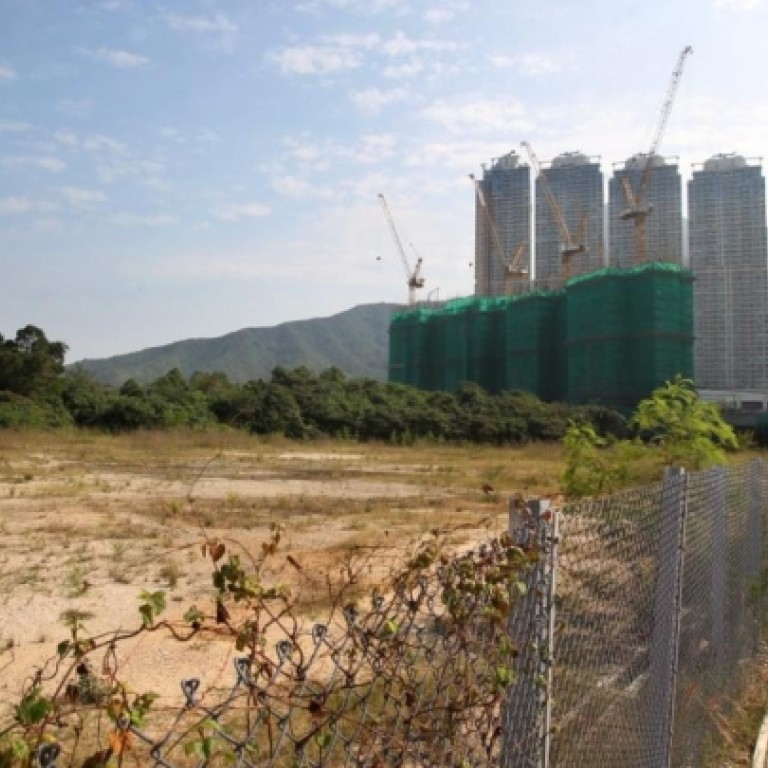
Big developers in Hong Kong take cautious approach to land auctions
Following measures to rein in Hong Kong's sky-high property prices, the major players are taking a cautious stance towards land acquisitions
The two biggest developers have sharply scaled back their land acquisitions since the government rolled out a series of cooling measures to rein in property prices.
On the other hand, some developers who do not have a big land bank have stepped into the vacuum left by the withdrawal of the big players, among them Wheelock Properties, which has spent HK$9.63 billion to acquire four sites since October; and Chinachem, which acquired two sites in Yuen Long and Tseung Kwan O.
Research by the shows that since the first of the cooling measures were introduced in October, the biggest Hong Kong developer by value - Sun Hung Kai Properties - spent HK$3.97 billion acquiring residential sites under government tenders.
That's down almost 70 per cent compared with the same period a year ago.
Cheung Kong (Hong Kong), the developer controlled by Asia's richest man, Li Ka-shing, bought just one site in the period from November to the end of June, for HK$2.9 billion. In the run-up to October last year it spent HK$6.27 billion obtaining two sites, in North Point and Central.
Sino Land, which has a reputation for being one of the most aggressive bidders at land auctions, spent HK$1.46 billion to buy just one residential site in Sai Kung. That's a drop of 71 per cent on its spending from December 2011 to September last year. However, measured on a year-on-year basis, its spending surged 96.62 per cent, as it bought only two small sites, on Lantau Island and Peng Chau, between October 2011 and July last year.
On October 26, the government introduced a buyer's stamp duty of 15 per cent for non-permanent-resident and corporate buyers and increased the rates and duration of so-called special stamp duty paid on quick resales of properties in order to curb speculative activity. The measures had dented demand for new homes, said Polytechnic University real estate professor Eddie Hui Chi-man. "The market has also been clouded by the signal from the United States Federal Reserve that its monetary stimulus programme is drawing to an end. This has slowed developers' demand for land."
David Ng Ka-chun, head of China and Hong Kong property research at Macquarie Capital Securities, said: "Cheung Kong [Holdings] and Sun Hung Kai Properties have a sufficient land bank. Sino Land has more luxury projects on hand, but the sales of luxury flats are challenging in the current market. This has affected the appetite of the big developers for land acquisitions."
Since the government doubled stamp duties and extended them to commercial properties on February 22, offers for sites have been conservative, leading to a fall in land prices.
Last month, Chinachem Group bought a site in Tseung Kwan O for HK$3 billion, or HK$3,654 per sq ft, the lowest accommodation value in more than three years. (Accommodation value is the value of a piece of land divided by the gross floor area of flats permitted to be built on the land.)
Chinachem also bought a site near the Long Ping MTR Station in Yuen Long. Its winning bid was almost 12 per cent below the price paid for a nearby site by Sino Land and K Wah International in October.
Surveyor Albert So Chun-hin said the market was at a turning point. "Land prices may go down or remain flat in the near future. It depends on market sentiment and the global economy, but for the moment the outlook is still uncertain."

